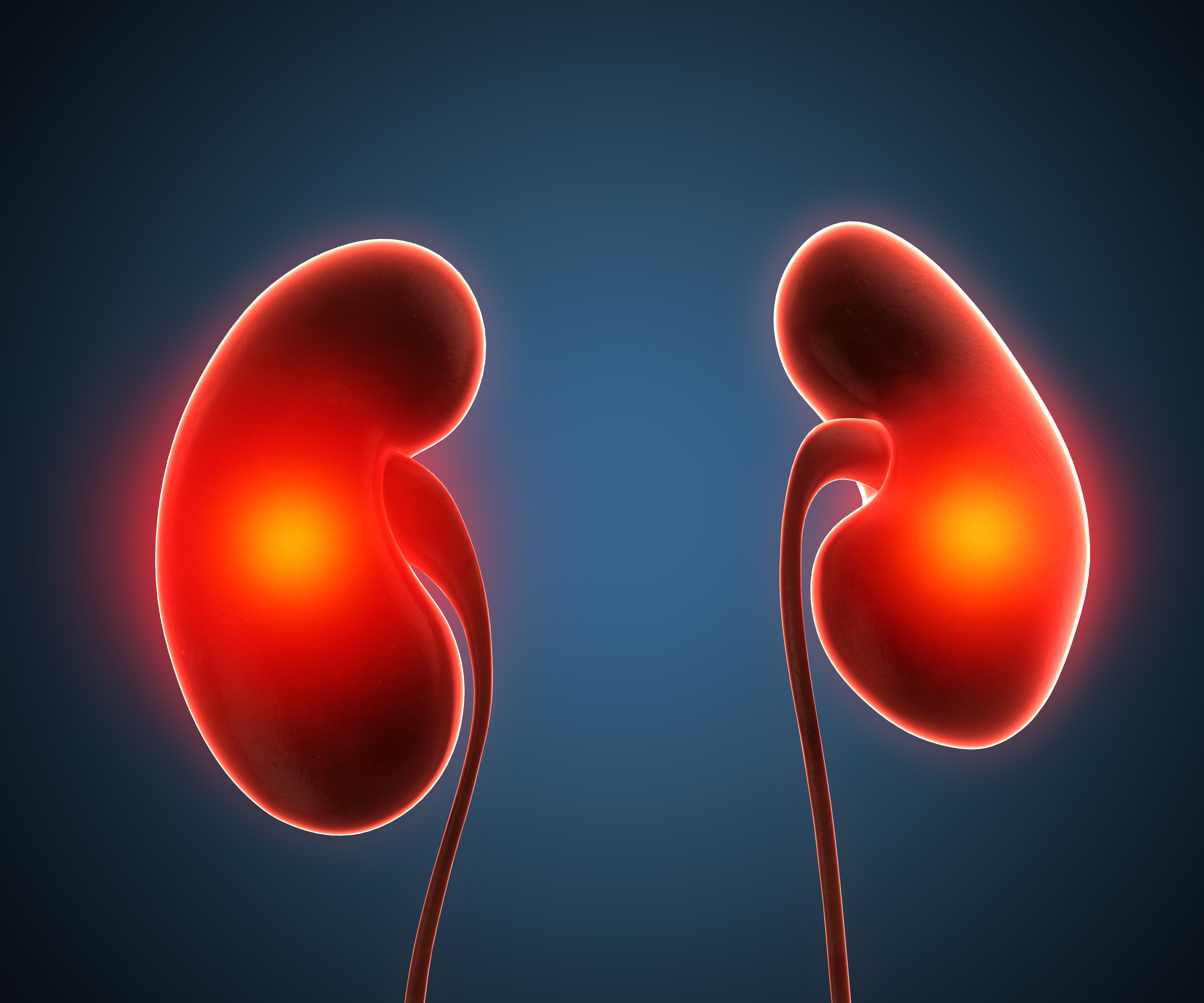Article
Biosimilar Uptake Limited by Policy Frameworks, Among Other Factors, in Southern Europe
Author(s):
Despite multi-stakeholder information campaigns supporting the use of biosimilars, barriers remain that hinder uptake.
A coordinated implementation of policy measures, both locally and nationally, that focus on the use of biosimilars remains an unmet need in Italy, Portugal, and Spain, according to a study published in Frontiers in Medicine.1 Investigators encourage accounting for the biosimilar and off-patent biologic markets, while addressing current supply and demand issues.
Teresa Barcina Lacosta

“The availability of biosimilar medicines in Southern European markets has allowed purchasing biologics at a lower cost for healthcare systems,” Teresa Barcina Lacosta, a researcher in the Department of Pharmaceutical and Pharmacological Sciences at Katholieke Universiteit Leuven, and colleagues, explained. “However, the capacity to seize this cost-reduction opportunity in the long run depends on fostering a sustainable competitive environment for all the market players involved.”
Identification of uptake determinants in hospitals across Italy, Spain, and Portugal were assessed using a mixed-methods approach. Using tumor necrosis factor alpha inhibitors (TNF-α) as an example, investigators performed a literature review, a quantitative analysis of regional uptake for TNF-α biosimilars, and conducted qualitative processing of interviews with experts discussing potential factors. Drug utilization, reported as market shares, was examined from 2016 through 2021.
During the 10 expert interviews, investigators aimed to understand the supply- and demand-side considerations that may have impacted the implementation of biosimilars in clinical practice settings. Supply-side questions involved pricing, reimbursement procedures for biologics, and procurement, while demand-side questions included the uptake of biosimilars and initiatives to foster the use of biosimilars.
In these Southern European countries, multi-stakeholder information campaigns supporting the use of biosimilars have aided in creating a familiarity with these prescriptions among clinicians and patients. Interviewees noted that the use of biosimilars has increased in the immunology area, which was supported by data that showed that the most recent additions, adalimumab biosimilars, have had the highest uptake growth rate.
Despite this, barriers remain that hinder the uptake of biosimilars, which particularly impact chronic patients who would be able to make the switch. Most notably, they include:
- A delay in publishing position statements on the interchangeability of biosimilars by regulatory health authorities
- A vague positioning of both regional and national health authorities on best practices
- Policy frameworks that may not support switching protocols
- Inefficient purchasing procedures that hinder biosimilars to compete for market shares
A heterogeneous TNF-α biosimilars uptake across Southern Europe was observed due to the diverse tactics that have been implemented regionally to address these hinderances.
In Italy, the availability of biosimilars have the potential to significantly reduce spending; however, they remain low in many regions. Incorporating biosimilar prescription objectives for patients with a history of biologic treatment, as well as stating regulators’ expectations for use, has assisted hospitals in creating cost rationalization strategies.
In Portugal, current regulatory framework states that the decision to select an originator or biosimilar belongs to the prescriber, with no obligation to switch to a cost-effective alternative. The University Hospital in Coimbra (CHUC) reports uptake levels above 85% for all TNF-α biosimilars due to implementing a system that includes defining a plan to adopt biosimilars, prioritizing patients with external prescriptions treated according to hospital cost-effective standards, and communicating the importance of following switching guidance.
In Spain, health spending decisions are made centrally, and include pricing, reimbursements, and medicine marketing. However, the management of health services is regional. In the absence of nationally set objectives for biosimilars, regional health administrations have issued their own recommendations. Interviewees believe that a national-level benchmarking system would help to better support the adoption of biosimilars.
Although investigators did not conduct interviews for all stakeholder groups in the regions, they are confident that they were able to describe supply- and demand-side considerations affecting the use of biosimilars. Results were also supplemented by the extensive literature review. However, the lack of patient perspective, which can also influence uptake, may have limited the findings.
“In Italy, Portugal, and Spain, hospital pharmacists and managers are primarily responsible for fostering the preferential prescription of best-value TNF-α biologics,” Barcina Lacosta emphasized. “In fulfilling this responsibility, they have been affected by the absence of common policies to steer biosimilars adoption, and by limited benchmarking and coordination capabilities.”
References
- Barcina Lacosta T, Vulto AG, Huys I, Simoens S. An exploration of biosimilar TNF-alpha inhibitors uptake determinants in hospital environments in Italy, Portugal, and Spain. Front Med (Lausanne). 2023;9:1029040. Published 2023 Jan 10. doi:10.3389/fmed.2022.1029040





